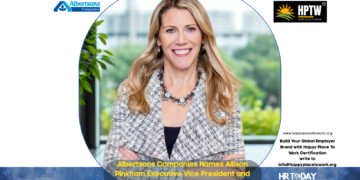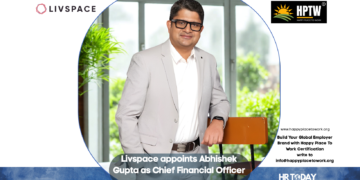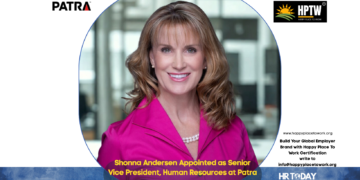Employee adaptability has emerged as a critical competency in today’s rapidly changing business environment. Organizations are seeking ways to foster a culture that embraces change and thrives on it.
Developing adaptability among employees is a multifaceted process that involves enhancing individual and organizational capabilities to respond effectively to change.
Adaptability is described as an individual’s ability to adjust and thrive in changing work environments, emphasizing the need for flexibility, open-mindedness, and a quick learning capacity. This competency is particularly crucial in small and medium-sized enterprises (SMEs) operating in dynamic markets where constant adaptation is necessary to remain competitive. Additionally, the role of information technology in career development is emphasized, suggesting that staying updated with technological advancements and enhancing competencies accordingly is imperative for human resources personnel. These insights underline the importance of adaptability as a key component for both individual and organizational resilience and success in rapidly evolving business landscapes.
Employee Adaptability and Organizational Resilience
Adaptability is not only about individual readiness to change but also about organizational resilience. It involves cultivating a culture that supports continuous learning, flexibility, and psychological safety, allowing employees to experiment and learn from their experiences without fear of failure. This culture promotes adaptability as a fundamental organizational value, integrating it into every aspect of the business process and employee development programs.
Career Adaptability and Employee Well-Being
Career adaptability is a critical psychosocial resource, reflecting an individual’s readiness and resources for coping with current and anticipated career tasks, transitions, and traumas. It encompasses aspects like concern, control, curiosity, and confidence, enabling individuals to navigate through their career paths effectively. High levels of career adaptability are associated with enhanced professional self-efficacy, reduced decision-making difficulties, improved performance, and increased job and life satisfaction. Moreover, adaptability contributes to employee well-being (EWB) by promoting self-actualization and fulfilment through work, indicating a positive relationship between career adaptability and overall well-being.
The Mediating Role of Work Engagement
Work engagement plays a mediating role in the relationship between adaptability and employee well-being. Engaged employees, characterized by vigour, dedication, and absorption in their work, are more likely to exhibit creativity, high task performance, and proactive behaviours. This engagement not only contributes to organizational success but also enhances the mental well-being of employees by fostering a sense of achievement and fulfilment. Furthermore, career adaptability can enhance work engagement by providing employees with the psychological resources needed to adapt to career changes positively.
Key Strategies for Fostering Adaptability
To develop adaptability among employees, organizations should focus on:
- Promote a Learning Culture: Encourage continuous learning and curiosity. Organizations prioritising lifelong learning and providing opportunities for their employees to acquire new skills are better positioned to adapt to change. This includes formal training programs, access to online courses, and creating a culture that values knowledge sharing and innovation.
- Enhance Psychological Safety: For employees to be adaptable, they must feel safe to express ideas, ask questions, and make mistakes without fear of retribution. Psychological safety fosters an environment where employees are more willing to take risks and experiment with new solutions.
- Implement Agile Practices: Agile methodologies aren’t just for software development. Applying agile principles, such as iterative progress, flexibility, and cross-functional collaboration, can enhance adaptability by fostering a more responsive and dynamic work environment.
- Develop Adaptive Leadership: Leaders play a crucial role in modelling adaptability. Adaptive leadership involves being visionary, recognizing emerging threats and opportunities, and being willing to challenge the status quo. Leaders should also empower employees to make decisions and encourage innovative thinking.
- Foster Autonomy and Flexibility: Giving employees more control over their work and the flexibility to manage their schedules can lead to higher levels of engagement and adaptability. Autonomy encourages employees to find the best ways to achieve their goals, often leading to innovative solutions and improvements.
- Encourage Resilience: Resilience, the ability to bounce back from setbacks, is closely linked to adaptability. Organizations can build resilience by promoting well-being, offering support during times of change, and recognizing and celebrating efforts to adapt and overcome challenges.
- Leverage Technology: Invest in technologies that facilitate adaptability. This includes tools that support remote work, collaboration software, and platforms that enable easy access to learning resources. Technology can also provide data and insights that help organizations anticipate changes and respond more quickly.
Conclusion













